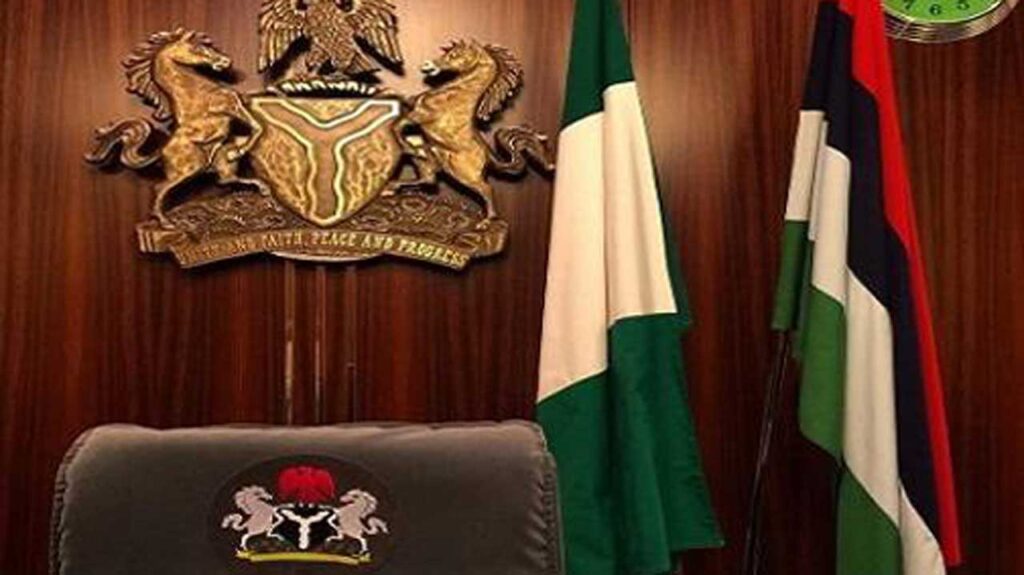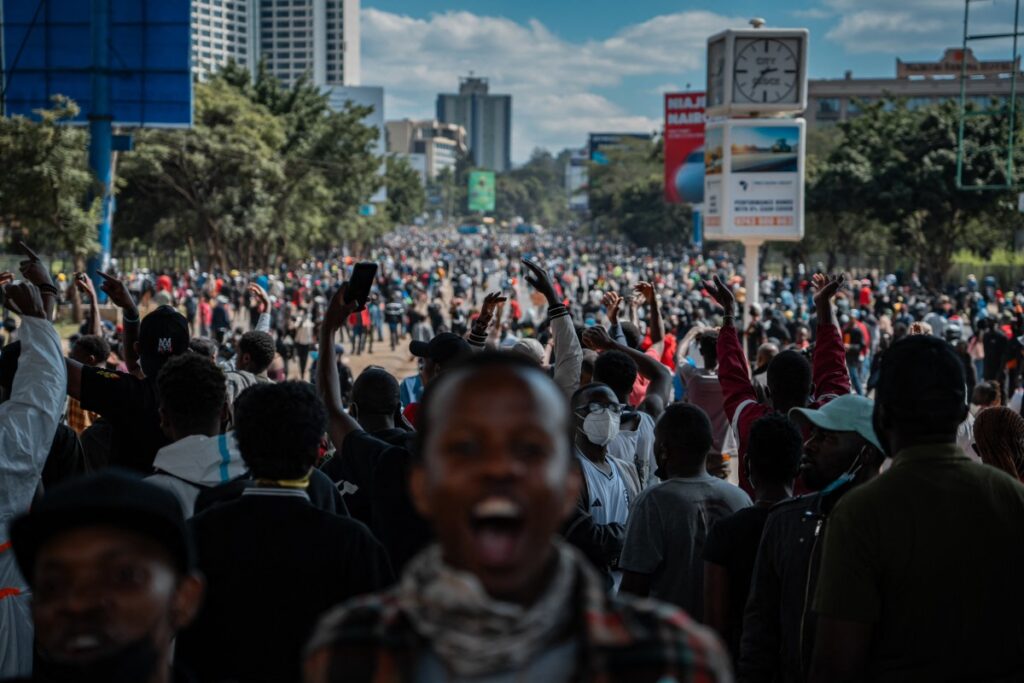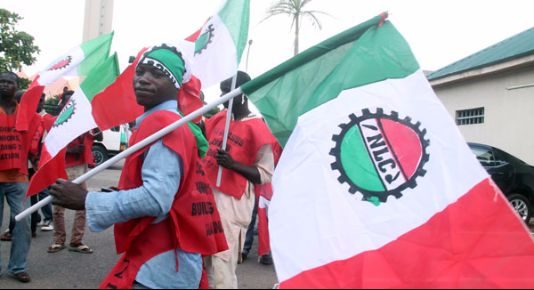
Most respectfully, the President’s conflation of national security, national interest on one hand and rule of law and individual rights on the other hand is a bit problematic, in the sense that the rule of law emphasizes the supremacy of the law over the leader, the led and the decisions taken by them in between. For definition purposes, foremost Professor of Law, A. V Dicey defined the rule of law as the equality of all persons before the law; observance of all laws by persons and authorities, irrespective of status. In the case of Military Governor of Lagos State v. Ojukwu (2001) FWLR (Pt. 50) 1779, the Supreme Court held inter alia as follows: “The Nigerian Constitution is founded on the rule of law, the primary meaning of which is that everything must be done according to law. Nigeria, being one of the countries in the world which professes loudly to follow the rule of law, gives no room for the rule of self-help by force to operate.”
The rule of law is therefore accommodative of national security, the national interest and individual rights. Contradistinctively, the President was right that individual rights can take the back stage in favour of national interest and by extension, national security. It is therefore submitted that human rights can be suspended upon the determination of a court of competent jurisdiction.
It is not a secret that some sections of the Nigerian media have given their platforms to secessionists, ethnic jingoists, tribal warlords and others who have an issue with the unity of Nigeria to promote their warped ideologies and agenda. This is a grave misapprehension of one of the core ethics of journalism which is fair and balanced reportage of the news. However, in my opinion, unfair and unpatriotic comments ab-initio should not qualify to be reported in the news. Given the peculiarities of the Nigeria, our choices are limited in this journey of nationhood and given the potent power of the press, we should ensure as much as possible that negative opinion moulders do not get the attention they so much desire by featuring them as new items.
It is naturally expected that mainstream media will reflect the distinctions in our national unity by upholding the difference in opinions and perspectives of our diverse tribes and culture. This, however, must be subject to our shared national values. There is the need for a proper management of our diversity by media organisations, in such a manner that the national interest is protected at all costs.
A lot unite us in this nation rather than our differences, we must celebrate our significant positives and tone down our apparent negatives. It is a fact that cannot be gainsaid that the menace of insecurity has become so protracted and convoluted that no region is spared of it. Violent cult activities, armed robbery attacks, the EndSARS protests, the Southern Kaduna massacres by armed herders, IPOB agitations and lately Ilana Omo Oodua agitations, banditry, Boko Haram attacks, attacks on police formations, abductions are just few examples of the geographical distribution of insecurity in Nigeria.
I must stress, however, that insecurity is a universal phenomenon and the current challenges bedeviling our security architecture are largely traceable to the political instability and crisis of the Sahel Region notably Libya and Morocco and the resulting proliferation of arms have provided opportunities for criminal elements who now assail Nigeria with all manners of woes. It is a fact that the whole world remains a huge arena of conflict and insecurity despite the concerted efforts at world peace. Advanced democracies have their fair share of insecurity especially gun-related shootings but the manner of dissemination of the news always tend to portray the authorities in those countries as strong and powerful enough to contain these threats. It is therefore wise for the Nigerian media to douse tensions that viciously threaten us by upholding the tenets of responsible and patriotic journalism other than the one that gives more leverage and attention to the enemy.
The role of the media during conflict situations for instance should not only protect the developing activities in a particular area but to present the comprehensive response of the state in order for citizens outside those affected areas and indeed everyone to engage the government as touching the conflict.
The Fourth Estate of the Realm must ensure a dispassionate and objective dissemination of information at all times to the citizens. The government should endeavour to constantly engage the press so that it will not suffer perception issues. The freedom of the press is non-negotiable and paramount in a constitutional democracy and its protection must be guaranteed at all times, an attempt to gag the press or criminalise free speech is an invitation to the rejection of governmental authority which is entrusted on the government by the people. On the other hand, citizens must be educated by the press that every right comes with its corresponding duty and responsibility, free speech therefore should not be construed to mean license to make careless, reckless and violence evoking statements.
The above advisory should not be construed as suggesting that the Nigerian media should favour the government at the expense of the citizens’ right to proper information. On the other hand, the government must clarify issues of national interest by engaging and seeking the understanding of the media rather than their usual response of coercion.
Conclusion
The role of the media in stabilising Nigeria’s democracy can be viewed from the standpoint of their duties as affirmed under the constitution. There is no gainsaying the point that the Nigerian media has been at the forefront of advocacy for citizens’ participation in governance and in my considered opinion, they remain the real defenders of this core democratic right. The balance here is that every right comes with its corresponding responsibility and as a passionate advocate of press freedom, I want to strongly counsel that the Nigerian media in upholding fundamental freedoms should also strive to uphold and defend national security.
Concluded
Ajulo, FCIArb. UK, Managing Partner, Castle of Law and executive director, Egalitarian Mission For Africa, delivered this paper at the NUJ NTA headquarters Chapel’s Week in Abuja.











